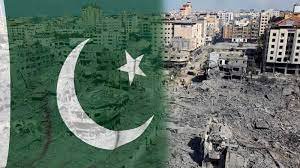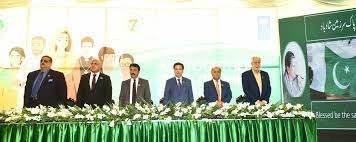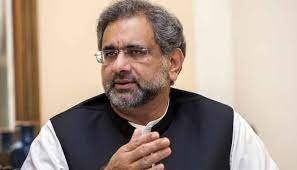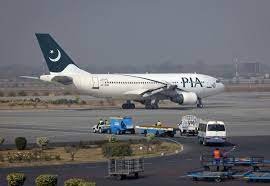The corporate sector is concerned about the government’s unpreparedness to address the evolving situation in the Middle East, which could pose risks to the fragile economy. Pakistanis are deeply distressed by the escalating conflict in the region, marked by a disregard for civility and international law.
An economist turned peace activist lamented that the vivid images of death and suffering in the Middle East and Ukraine conflicts shattered the belief that wars would be confined to classrooms and boardrooms. He noted that access to information technology has not empowered the public to hold leaders accountable for their actions.
Ehsan Malik, CEO of the Pakistan Business Council, expressed concerns about the rising cost of doing business, even though growing anti-West sentiments may not significantly affect Euro-centric trade and American-European businesses in the country.
Pakistani business circles hope for an early ceasefire but are wary of hostilities spreading to the energy-producing region, a vital shipping passage, and the source of Pakistan’s remittances and economic support. Compared to the Russia-Ukraine war, the Israel-Palestine conflict has had limited economic impact in Pakistan, with the increased cost of fuel imports remaining around six percent.
A senior officer stated that they are monitoring global price movements and potential supply disruptions that could affect economic activity, especially remittances. Officials in the planning ministry and the State Bank are closely watching developments in the Middle East to formulate strategies to mitigate potential adverse economic impacts.
M. Abdul Aleem, Secretary General of the Overseas Chamber of Commerce and Industry, expressed concern about conflicts’ impact on inflation and foreign direct investment (FDI) from the West. He noted that Pakistan’s economic stability relies on various sources, including the International Monetary Fund, World Bank, China, and some Middle Eastern countries, which could be affected by the Middle East conflict.
Several business organizations, including the Federation of Pakistan Chamber of Commerce and Industry (FPCCI), are still evaluating the situation and have not taken a stance yet. Tariq Saud, former president of the All Pakistan Textile Mills Association (APTMA), emphasized the need for early elections and a stable elected government to address challenges arising from the conflict in a region with deep historical, religious, cultural, political, and economic ties to Pakistan.
Mariam Durrani, Director of Marketing at Pakistan Cables, does not anticipate a significant shift in consumer preferences regarding Western brands in the local market. She believes that calls to boycott these brands are unlikely to be consistently followed through. Economist Ahmed Qadir highlighted Pakistan’s vulnerability to oil price fluctuations and the potential impact of the Gulf crisis on remittances from the region.







